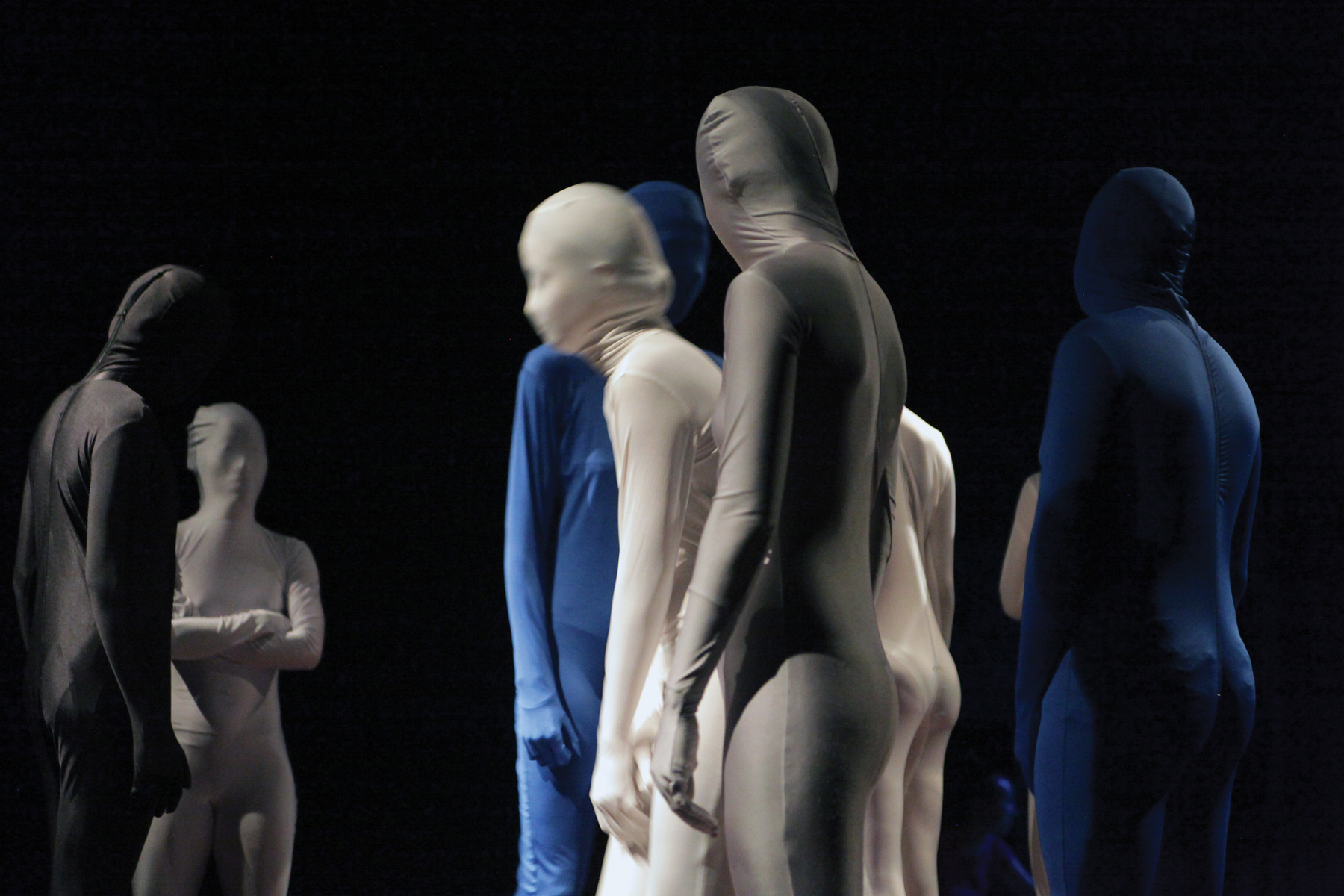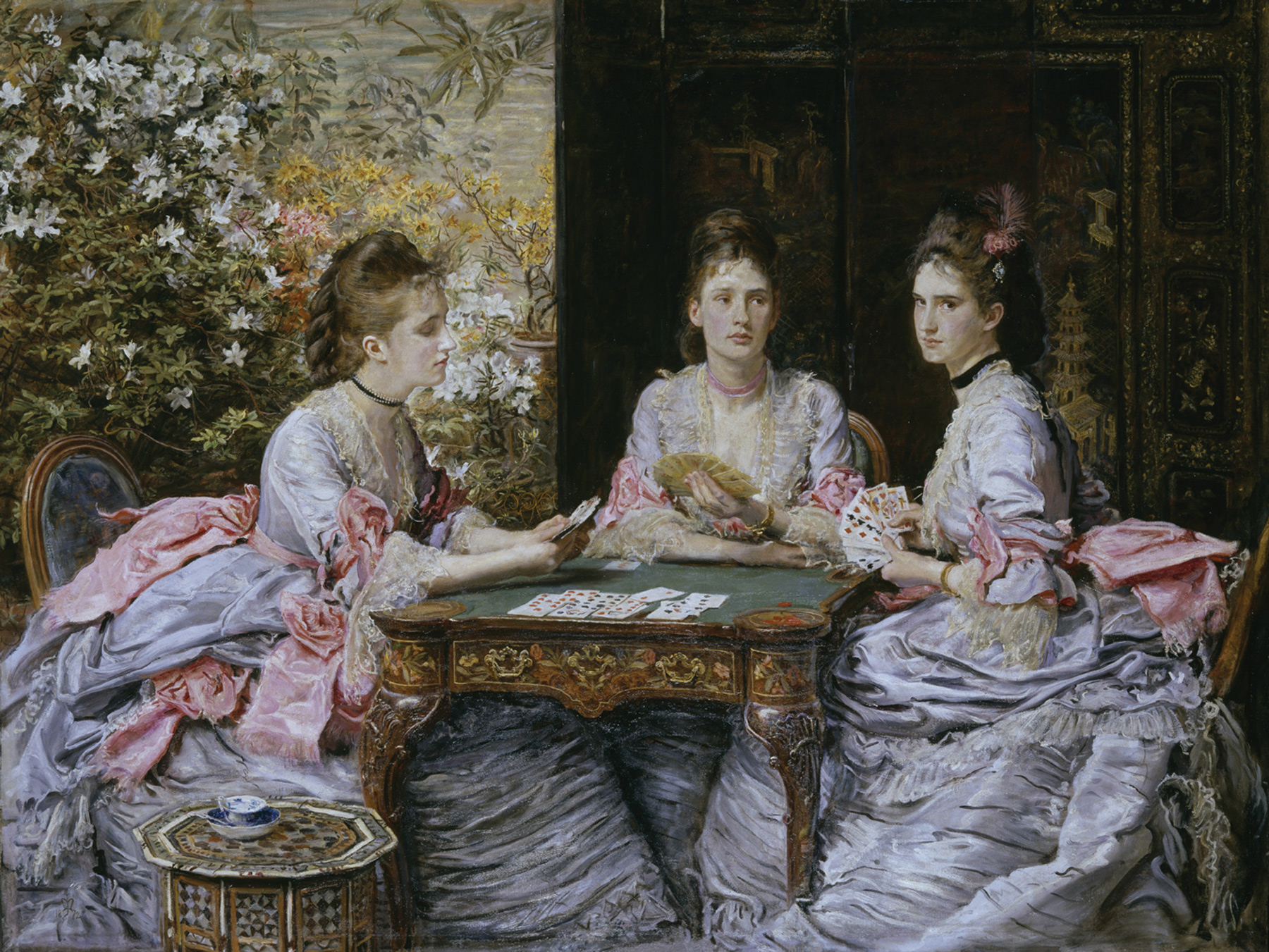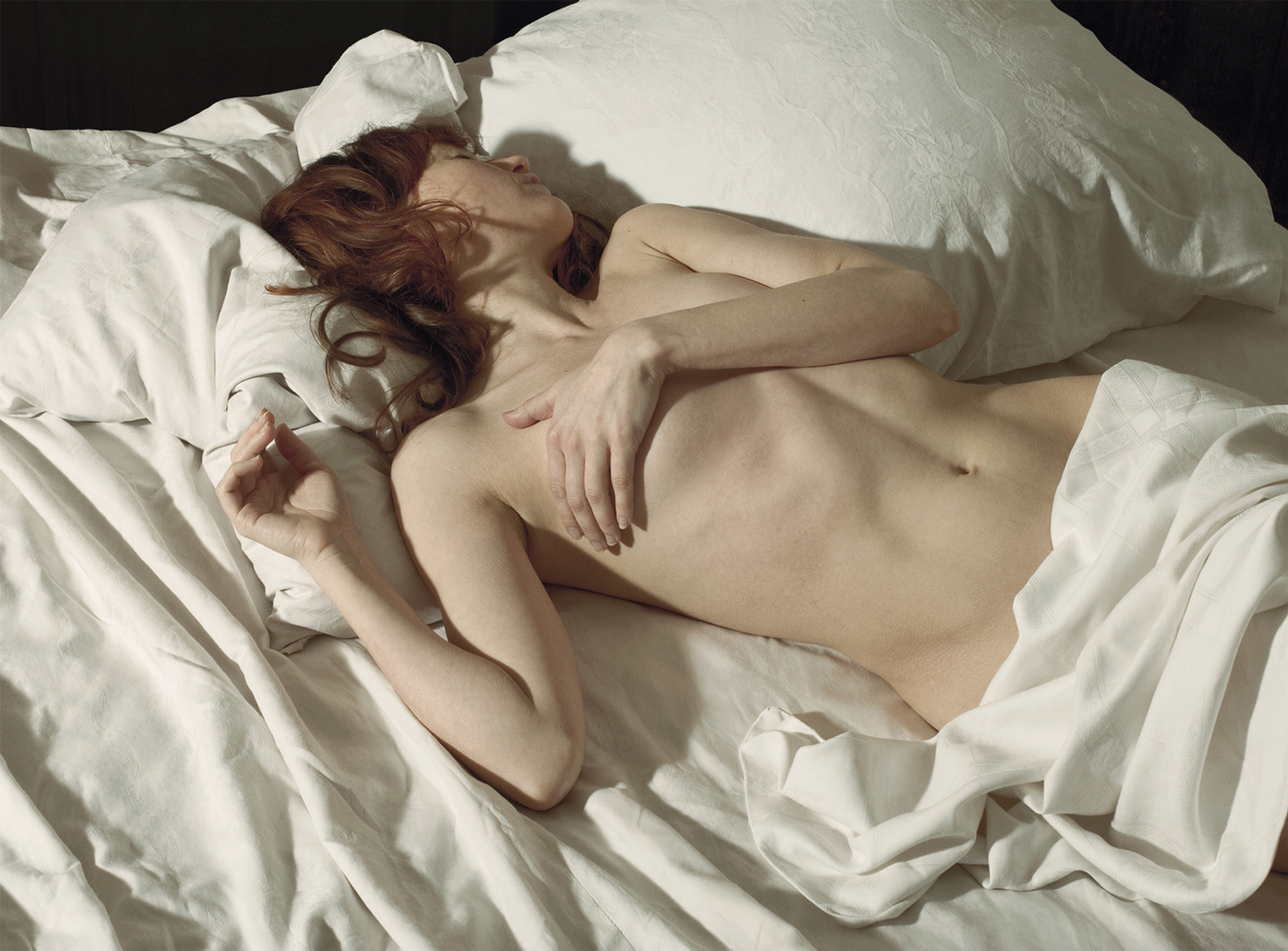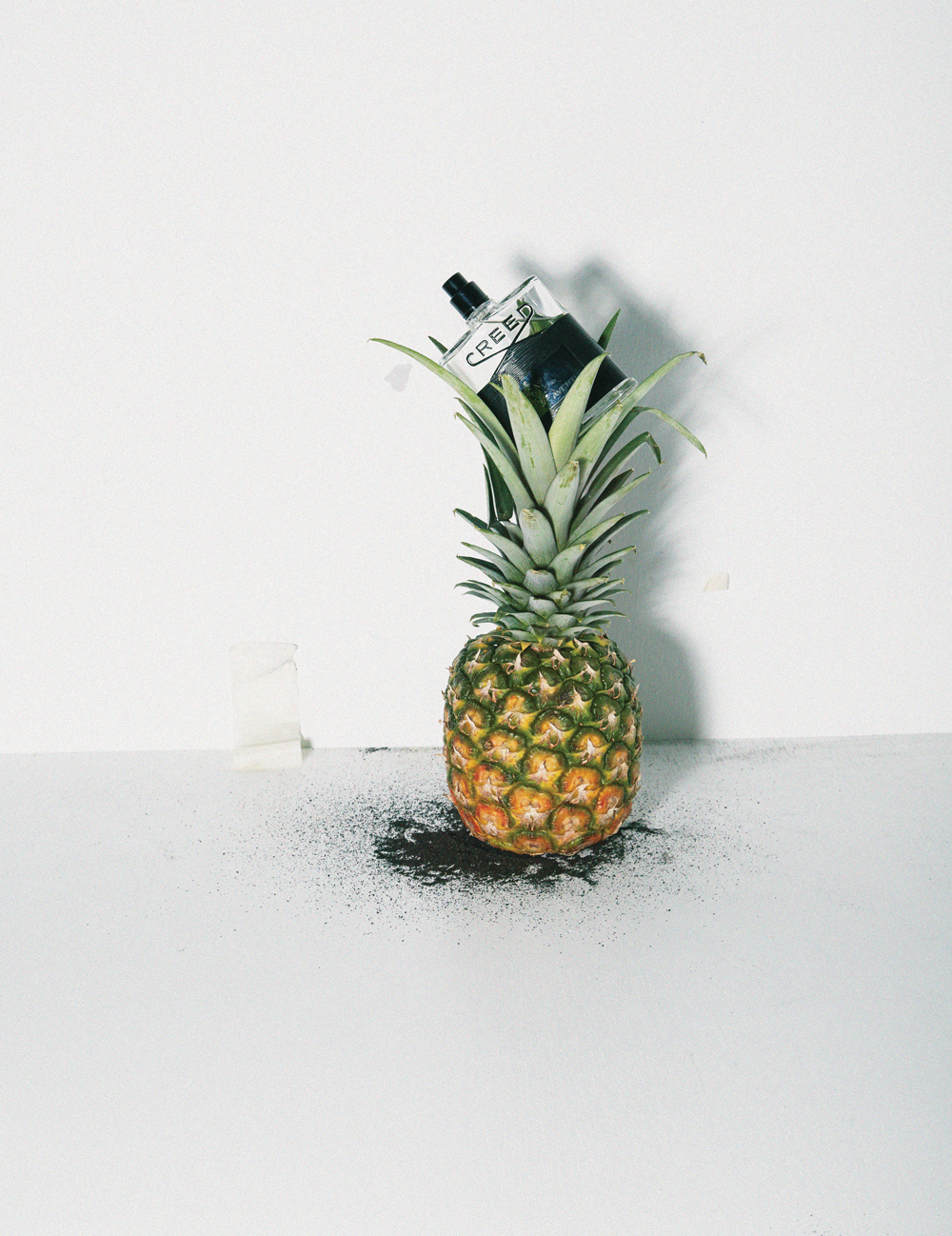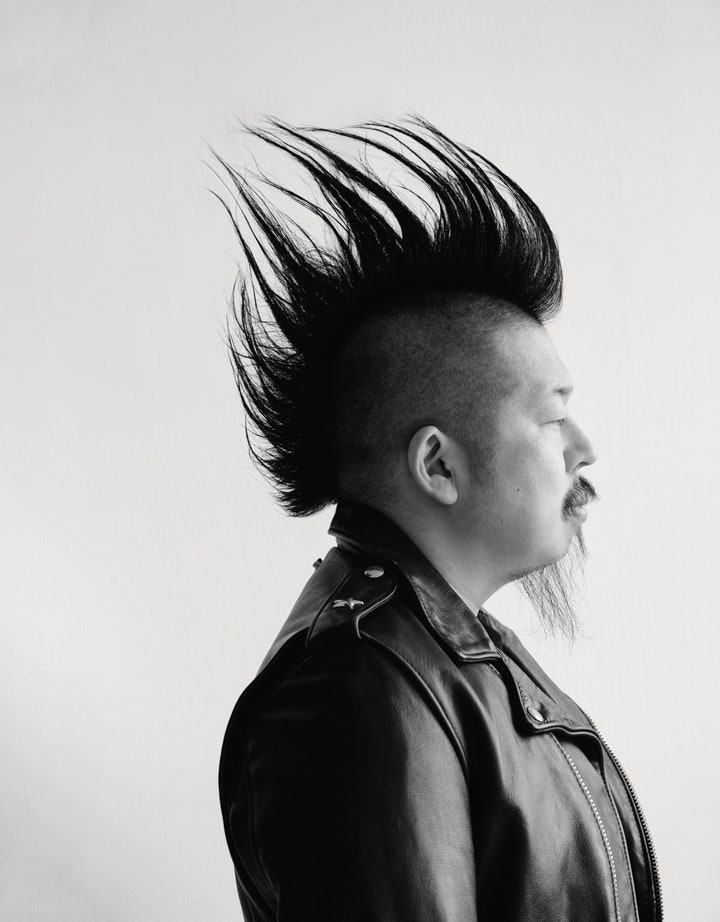If prostitution is the oldest trade, then beauty must be its older twin. The instant we began to value a specific object or person over its contemporaries, we as a species discovered the concept of aesthetics. Perhaps, this is partially due to the instincts of making; examinations of primitive tools formed from stone show signs of diligence in bettering the efficiency and method of manufacture. Even without centuries of intellectualization, we have known an instinctive endeavour towards perfecting. This pursuit of perfection is the ultimate concern of aesthetics, with beauty representing an imaginable expression of that ideal. In other words, what is beautiful to us indicates the limits of our capability in achieving perfection.
But beauty is much more complex; it is the crystallization, not only of aesthetic consideration, but also of socials mores, practices, traditions and cultural values. This is why classical beauty exists, why bound feet were once popular and why bell-bottomed jeans are no longer trendy. 18th century France had fashion seasons that barely lasted an evening. (That they later had a revolution is indicative of the same thing: gross income inequality.) While the deeper philosophical debate of beauty is culturally important, it is not nearly as impactful as the superficial beauty reflected in pop culture, one which raises hemlines, changes diets and once resulted in Marie Antoinette wearing a miniature model ship in her hair.
Consider the beauty industry, an enterprise wholly devoted to convincing women (and in recent years, men,) that what they look like and occasionally, what they are, is not enough. This is not to dismiss the industry at large as being ill-intentioned; far from it, the beauty industry can be seen as an anthropocentric, outward manifestation of that aesthetic argument that we should always be heading towards perfection, especially in ourselves.
The difficulty lies with how we determine beauty within ourselves as a culture and a species. Sir Francis Galton, half-cousin of Charles Darwin and a scientist of comparable achievement, discovered that in biological terms, what we perceive as attractive is in fact averageness. Beholden to our reproductive imperative, we instinctively reject extreme features as indicators of genetic abnormality, in favour of average ones caused by stable genes. Ironically, what we colloquially think of as beautiful, as special and rare, is actually the exact opposite on the hormonal spectrum.
-
Myth makes Echo the subject of longing and desire. Physics makes Echo the subject of distance and design. Where emotion and reason are concerned both claims are accurate. And where there is no Echo there is no description of space or love. There is only silence.
Mark Z. Danielewski, House of Leaves
-

Understanding why the concept of beauty even exists in sociocultural terms is more difficult. Since aesthetic values are consequential of mores and practices, what we prize as beautiful takes on a false objectivity, concretized through mass repetition within a tradition. Much as the Echo of myth could only love the beautiful Narcissus by mimicking the words of love he muttered to himself, as a culture we rely on repeating, on this echoing of standards to clarify beauty. Beauty, we might even venture is say, is not so much a signal of the truly perfect as it is of the averaging out of a population’s subjective standards.
Following post-modernism’s rejection of it as a worthy goal, there is an increased re-advocation of beauty as a philosophical value. Parallel to the rising revolution against the western, white social paradigm, we see a growing desire to redefine beauty through diversification. Body types, skin colours, sexuality and gender are all being interrogated in this process of rebirth. Naturally, trades concerned with beauty have been forced to reconsider the avenues and messages through which they market themselves. The Dove Campaign for Real Beauty, now over a decade old, showed us a variety of women of different ages, bodies and colours, with the simple statement that everyone is beautiful.
Logically, this should trouble us; how can everyone be beautiful, when beauty is a marker of the nearly-perfect, an average band in statistical terms, and always the opposite of ugliness? But the paradigm shift that is slowly occurring is more subtle than simply redefining what we find pleasing to the eye. The future of beauty is no longer the reverence of a single image to the exclusion of all others, but the acceptance of multiple images in coexistence. In doing so, we must rethink the myth of Echo, and of validation.
When we are constantly told what kind of skin to have, what our faces and bodies should look like and what we must wear to be attractive, it is hard for us to consider ourselves beautiful. After all, what is one voice against a roaring mob? But just as we know the classical ideal of beauty from their portrayals in art and image, representation in contemporary media validates us, to put it simply, as being beautiful enough to discover. Seeing someone like you, who is perhaps a little too dark, a little too chubby, or scarred, or queer, feels like an acknowledgement that you too, are important enough to society at large to explore and consider, both intellectually and aesthetically. You exist, no longer only to yourself and those around you, but to everyone who turns on the TV, goes to the cinema or opens a magazine.
-
All these thoughts, seemingly independent of you, were from the beginning burdened with your belittling judgments; it was almost impossible to endure this and still work out a thought with any measure of completeness and permanence.
Franz Kafka, Letter to His Father
-
To his father Hermann, Franz Kafka wrote 47 long, heartbreaking pages detailing the self-doubt, confusion and turmoil he suffered as a result of the elder Kafka’s constant disapproval, active judgement and tyrannical control. The degree of anguish and influence his father’s emotional abuse brought on the author may be extreme—resulting in a failed engagement and creative anxiety, to be brief—nonetheless what Franz craves is painfully obvious to any reader of the letter, save perhaps Kafka Senior: validation.
Kafka’s desire mirrors that of Echo’s, both in their desperation for affirmation, and in the ultimate futility of their yearning. If anything, Kafka’s plight is a cautionary tale, a demonstration of the importance of validation in expanding the meaning of beauty, on a societal, familial and individual level. Instead of blindly re-enacting what is prescribed to us, we must now take active participation in deciding what is beautiful. Beauty is something to be worked at, not only to express in ourselves, but also to find in others. After all, beauty, as they say, is in the eye of the beholder. It is up to us to change the way we see.
